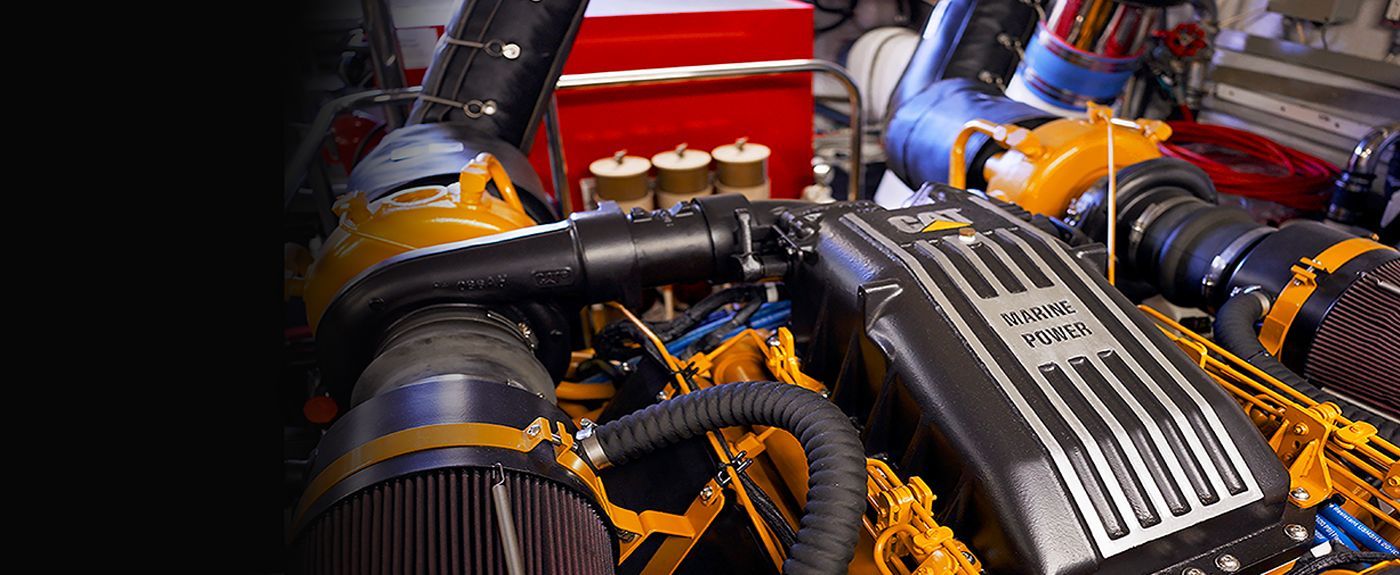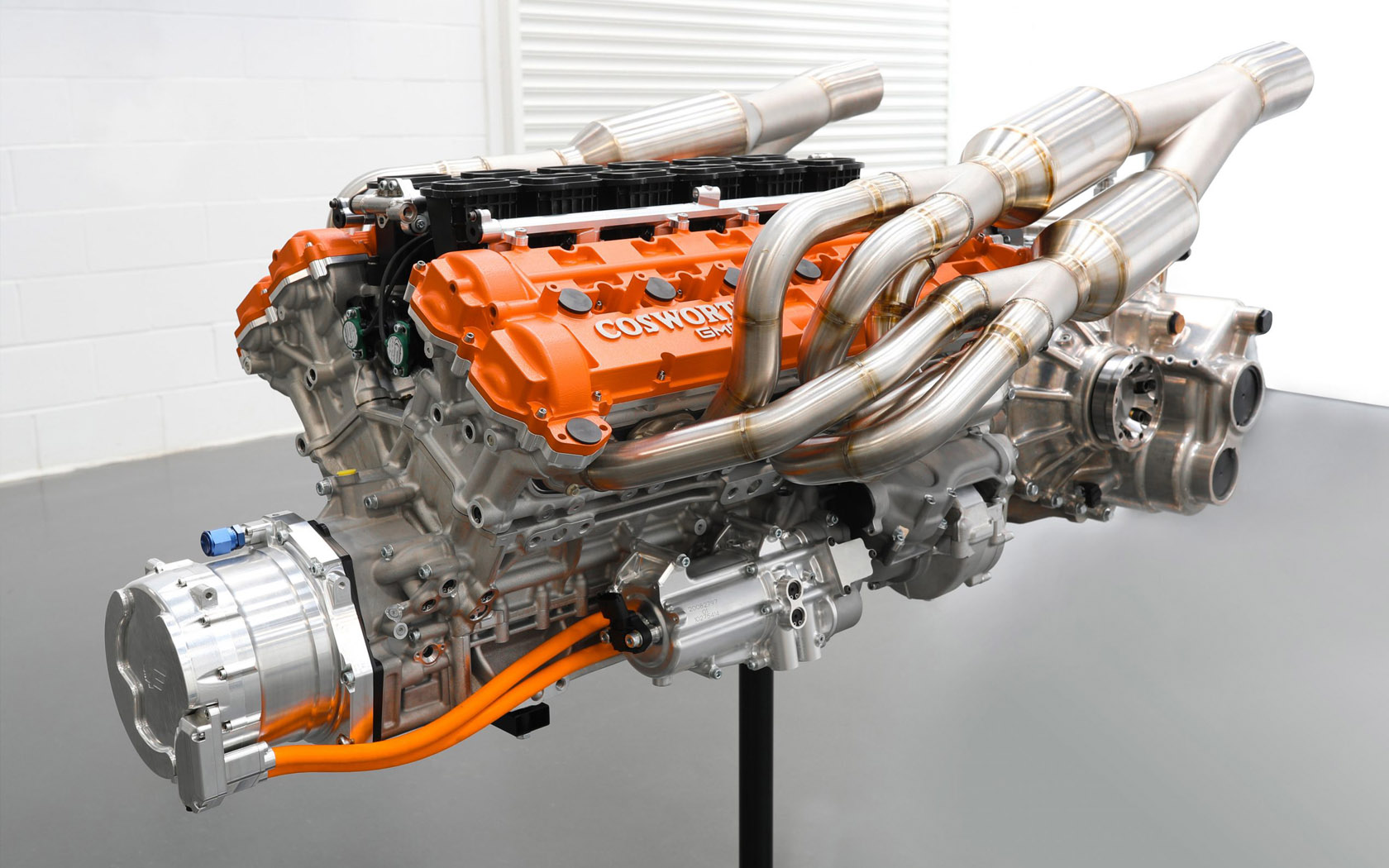Engines for Africa: Discover Budget-friendly and Trusted Vehicle Components Here!
Engines for Africa: Discover Budget-friendly and Trusted Vehicle Components Here!
Blog Article
The Pursuit for Ultimate Driving Power: Investigating the Pinnacle of Engine Efficiency and Technological Breakthroughs in the Automotive Field
In the world of automotive design, the quest of maximum driving power has actually been an unrelenting mission that has actually unfolded through the evolution of engine layout and the combination of cutting-edge innovations. From the meticulous workmanship of burning engines to the rapid improvements in electrical propulsion systems, the vehicle industry stands at the cusp of a new age characterized by extraordinary performance abilities. As researchers and engineers dive deeper right into the realms of computational liquid dynamics and explore innovative gas modern technologies, the perspective of opportunities broadens exponentially. Stay tuned as we untangle the elaborate tapestry of technological developments that are forming the future of auto power and performance.
Advancement of Engine Design

Moreover, the integration of turbocharging and supercharging technologies has reinvented engine design by increasing power without significantly boosting engine size. These forced induction systems press the consumption air, permitting more gas to be ignited, consequently creating higher power result from a smaller engine. This development has actually been especially critical in boosting the performance of smaller sized variation engines while keeping gas performance standards.

Performance-Enhancing Fuel Technologies
The execution of sophisticated gas modern technologies has significantly contributed to boosting engine efficiency in modern cars. Biofuels, acquired from renewable sources like corn, algae, or sugarcane, deal decreased exhausts and enhanced engine effectiveness. Furthermore, gas ingredients and detergents are being developed to tidy engine parts, maximize combustion, and decrease rubbing, therefore boosting general automobile efficiency.
Developments in Electric Propulsion
Considerable strides in electrical propulsion modern technology have actually revolutionized the automobile market, leading the means for a brand-new period of lasting and efficient transportation. Electric cars (EVs) are getting appeal as a result of their ecological advantages and innovations in battery technology, enabling longer driving varieties and much shorter billing times. Suppliers are spending greatly in r & d to boost the efficiency of electrical propulsion systems, concentrating on increasing power output, improving power efficiency, and lowering total weight.
One remarkable advancement in electrical propulsion is the advancement of advanced electrical motors that supply higher torque and power density, resulting in boosted acceleration and total driving performance. In addition, regenerative braking systems have been improved to store and catch power during slowdown, additional boosting the effectiveness of EVs.
In addition, the combination of clever modern technologies, such as synthetic knowledge and anticipating analytics, is optimizing the monitoring of electric propulsion systems, making certain optimum performance under various driving problems. These innovations in electrical propulsion are improving the vehicle landscape, driving the industry in the direction of a more lasting and electrified future.
Influence of Computational Liquid Characteristics
With developments in electrical propulsion pushing the limits of automotive Discover More modern technology, the original site combination of Computational Liquid Dynamics is playing a pivotal role in optimizing wind resistant efficiency and enhancing total efficiency in lorry layout. Computational Fluid Characteristics (CFD) entails the use of computer system simulations to analyze the circulation of air around an automobile, enabling engineers to anticipate just how design modifications will affect the rules of aerodynamics without the demand for costly physical prototypes. By precisely modeling air flow patterns, CFD permits for the refinement of car forms to lower drag, boost air conditioning, and boost stability.
One secret advantage of using CFD in vehicle design is the ability to iterate quickly, discovering many style variants to determine the most aerodynamically efficient remedies. This iterative procedure causes lorries that are not just sleeker and more visually attractive however likewise a lot more fuel-efficient and ecologically friendly. Additionally, CFD allows engineers to optimize air flow around components such as radiators, engine bays, and wheel wells, adding to improved performance and total driving experience. To conclude, the integration of Computational Fluid Characteristics represents a substantial step onward in the pursuit for supreme driving power and efficiency in the automotive market.
Future Trends in Engine Innovation
In the vibrant landscape of automobile engineering, advanced innovations are shaping the future trajectory of engine innovation. The future of engine layout is marked by a strong focus on sustainability, effectiveness, and efficiency. Producers are progressively concentrating on establishing engines that not just supply high power outcomes however additionally prioritize ecological duty by lowering emissions and improving gas performance.
One popular fad in engine development is why not try here the surge of electrification. Hybrid and electric powertrains are acquiring traction as feasible choices to conventional burning engines. These modern technologies provide the possibility for substantial reductions in carbon discharges and raised power efficiency, lining up with global initiatives to combat climate modification.
Moreover, advancements in materials scientific research and manufacturing methods are making it possible for the production of lighter and more resilient engine elements. This change in the direction of lightweight materials such as carbon fiber and aluminum alloys adds to enhanced performance and fuel economic climate.
Final Thought
To conclude, the quest of utmost driving power in the auto field remains to drive advancements in engine design, gas modern technologies, electrical propulsion, and computational liquid characteristics. The advancement of these modern technologies is forming the future of engine development, paving the way for much more powerful and reliable cars (engines for africa). As the sector continues to push the borders of what is feasible, we can anticipate to see much more revolutionary growths in the mission for peak performance
One of the essential milestones in engine design evolution is the change from typical carbureted engines to modern fuel-injected systems. By exactly metering the fuel delivery to each cylinder, fuel-injected engines maximize combustion, resulting in far better efficiency and decreased environmental influence.
In addition, the integration of turbocharging and supercharging modern technologies has revolutionized engine layout by improving power without substantially boosting engine dimension (engines for africa).The application of advanced gas innovations has actually substantially contributed to boosting engine efficiency in modern automobiles. Additionally, gas additives and cleaning agents are being created to clean engine parts, enhance burning, and decrease rubbing, therefore boosting general vehicle efficiency
Report this page